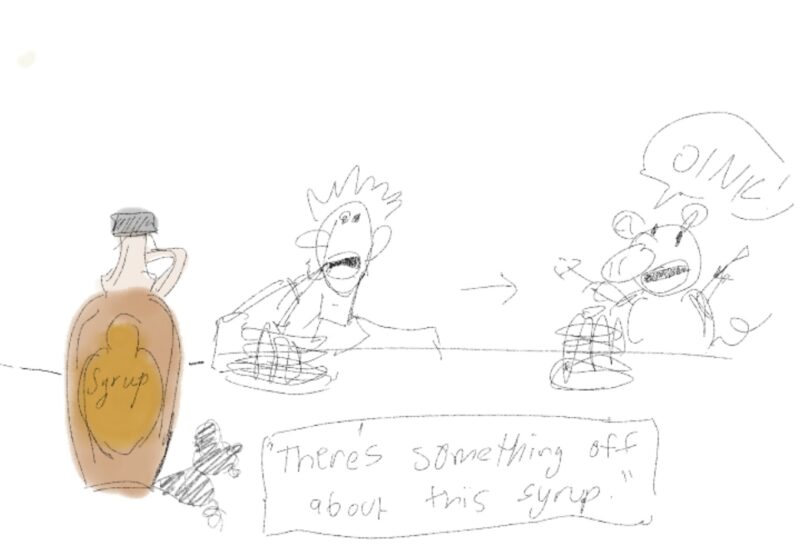A swarm of men and women in tuxedos and white dresses stand on the steps of City Hall in San Francisco, waving rainbow flags and wearing broad smiles. A few blocks over (and perhaps several hours later), a swarm of men and women in leather straps and ball gags gather inside a bar with a rainbow flag outside the door. Next door, a man wearing (sort of) a tiny dress and lavish makeup lip-synchs to the latest Madonna song. Down the street, two women and a man stand over their daughter’s crib. Across the bay, two elderly men sit quietly together in a small, anonymous house in a small suburban town.
And they are all gay (or lesbian, bisexual, transgender, queer, questioning, whatever other label you choose to employ), in case you didn’t figure that out.
The question of the hour is, when it comes to the gay community, should all these people be allowed to marry? Why? Why not? What will it mean for gay people, straight people, everyone ever if they are?
Even within the gay rights movement, some have questioned whether the extreme push toward legalized gay marriage is the best thing for everyone.
Starting in the early ’70s, a large part of the movement (known by various names over time, including gay liberation and, more recently, queer politics) has been against the drive for assimilation and the total focus on equality.
Advocates of queer politics believe that, instead of trying to become a part of mainstream heterosexual society, gays should embrace and celebrate their sexual and cultural differences.
Rather than focusing on the right to be a part of everyday culture and to be viewed legally the same as straight people, queer political activists emphasize a right to be different.
Feminists have been great contributors to gay rights movements due to a shared interest in gender dynamics and politics. They have also traditionally questioned marriage as an ultimate goal. Feminists have been pushing for a very long time for a transformation of society so that any sexual or gender or personal difference is embraced and accepted. They have traditionally argued that the mainstream concept of the family should transcend a two-person marriage to include any kind of family unit and any sexual orientation.
And these different groups are a part of the gay community, alongside the thousands pushing for marriage rights – you know, those throngs outside city hall in San Francisco, and, if you’re willing to drag your eyes across the page, all those people in the first paragraph – all gay, all different. And all unequal in the eyes of the law to anyone who is a heterosexual.
The point here is that like any other group, the gay community is incredibly diverse. We don’t all want the same thing.
What’s important is that a gay person be given the right to choose whatever life he or she wants to live, whether that means joining hands in front of a justice of the peace or humping like leather bunnies in a bar in San Francisco. As long as access to marriage is restricted, as long as gays really are inferior in the eyes of the law, we don’t have that ability to choose.
Yes, difference is important. Yes, radical reform of mainstream society is important. But until we are considered equal in that society, we are powerless to change it. And we are powerless in our own lives. And that is why the fight for marriage rights is important.
Waddill is a member of the class of 2009.





